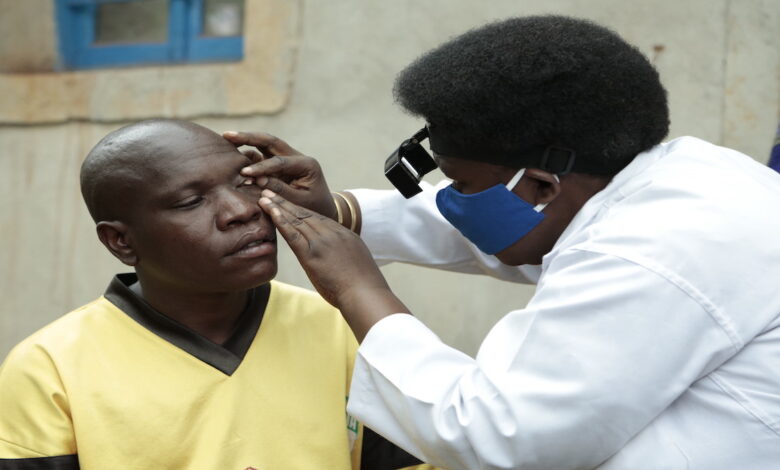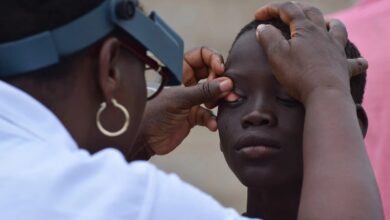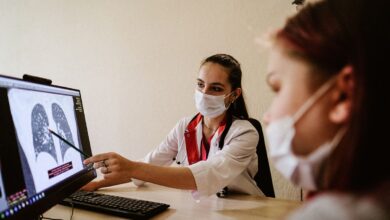
Burundi has eliminated its first neglected tropical disease (NTD), becoming the eighth African country to have achieved the feat of eradicating trachoma as a public health problem.
“This validation marks a major milestone in our commitment to health equity”, states Dr Lydwine Baradahana, Minister of Public Health and the Fight Against AIDS, Burundi. “It is a collective victory made possible by nearly 20 years of national mobilization and international solidarity.”
Caused by the bacterium Chlamydia trachomatis, trachoma can lead to scarring, in-turning of the eyelids, and ultimately blindness. The disease remains endemic in many vulnerable communities where access to clean water and sanitation is limited. In 2007, Burundi launched an initiative to tackle NTDs, which included integrated mapping of soil-transmitted trachoma. Further investigations followed, and baseline surveys were carried out in 2009-2010, confirming that trachoma was endemic within the country. The number of people requiring antibiotic treatment for trachoma in Africa went from 189 million in 2014 to 93 million as of April 2024, representing a 51% reduction. Burundi is the latest African country, after Benin, Gambia, Ghana, Malawi, Mali, Mauritania, and Togo, to be validated by the World Health Organisation for having eliminated trachoma as a public health problem. Botswana, Guinea-Bissau, Namibia, and Senegal have achieved the prevalence targets for elimination. Of the 57 countries that have eliminated at least one NTD, 24 have successfully eliminated trachoma.



